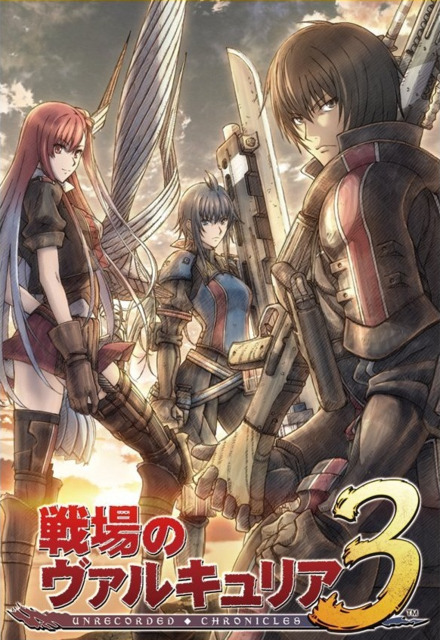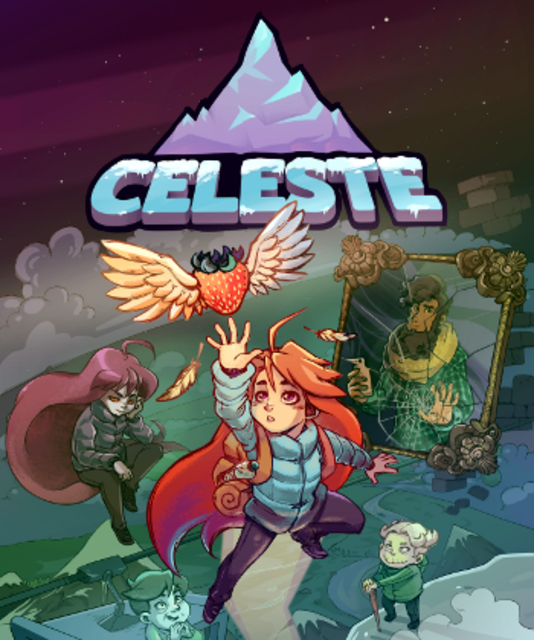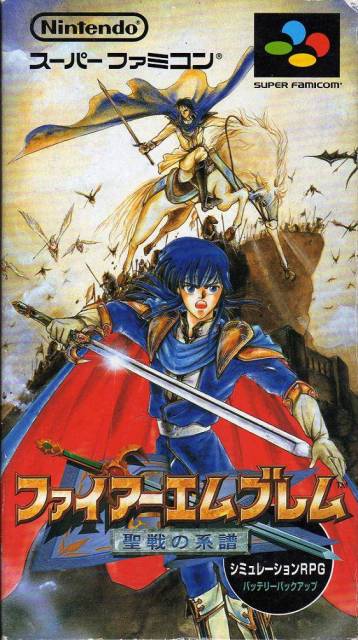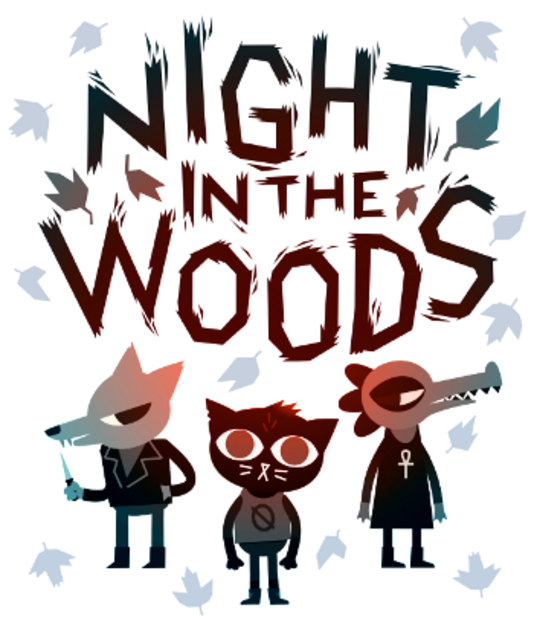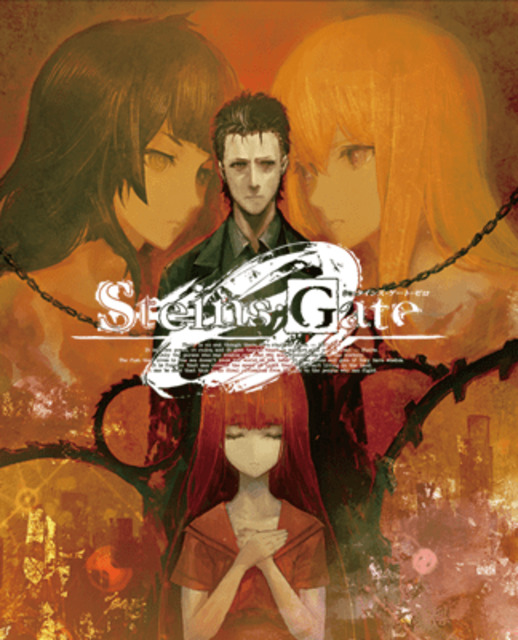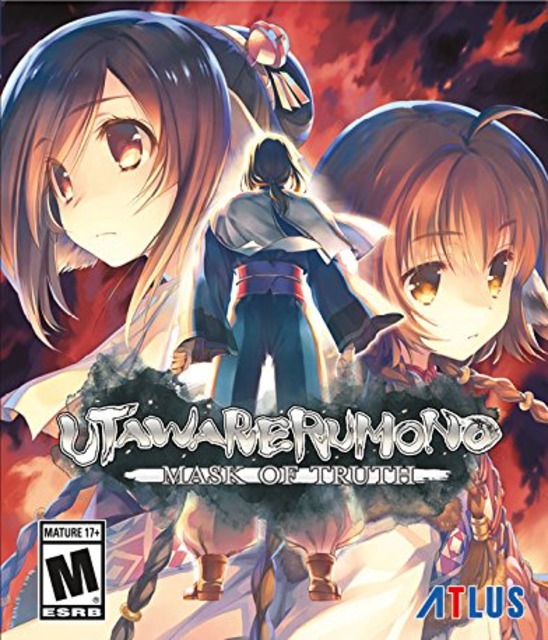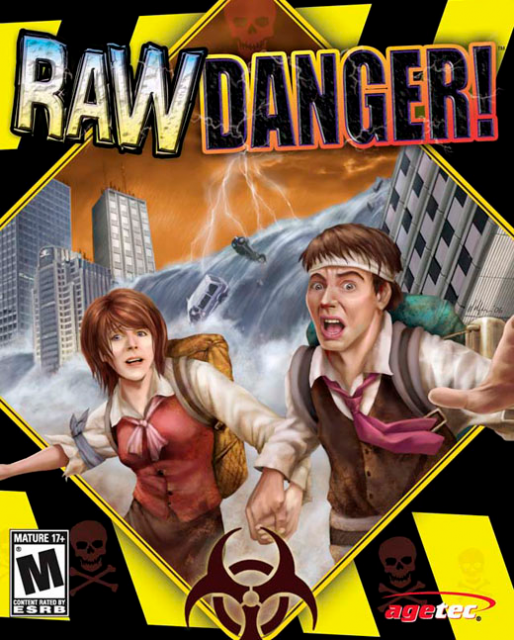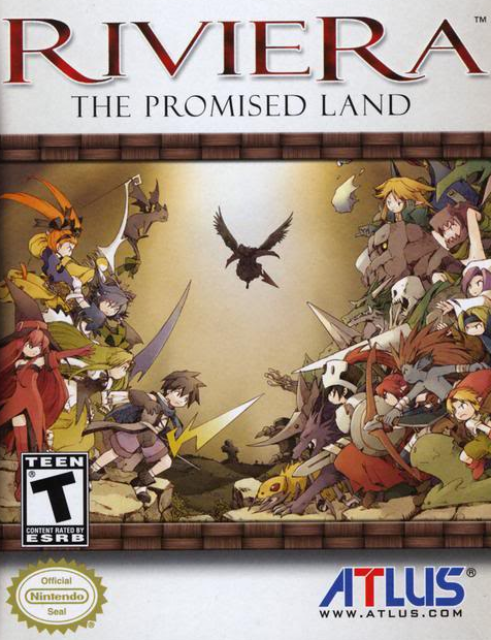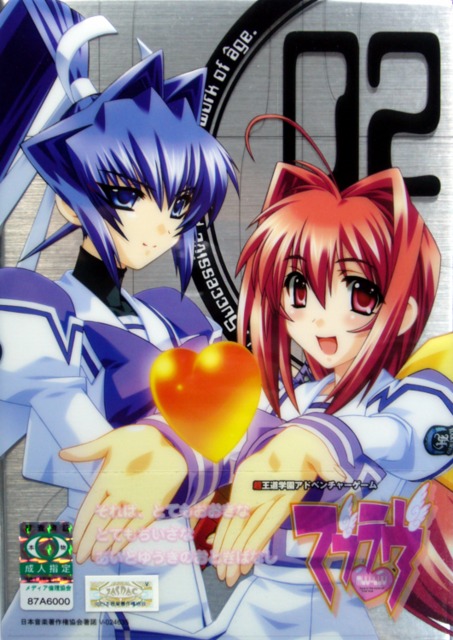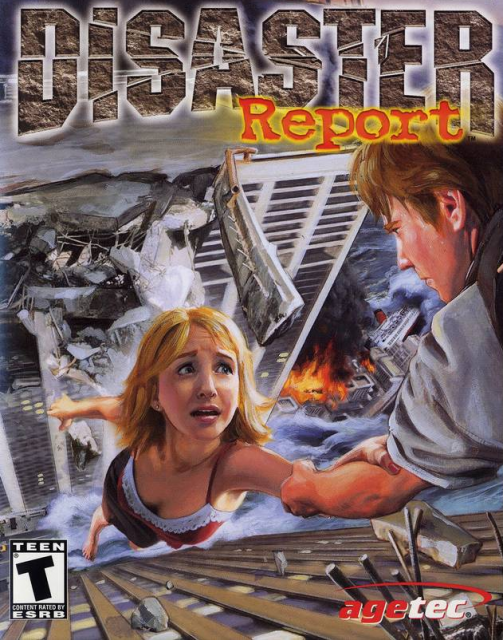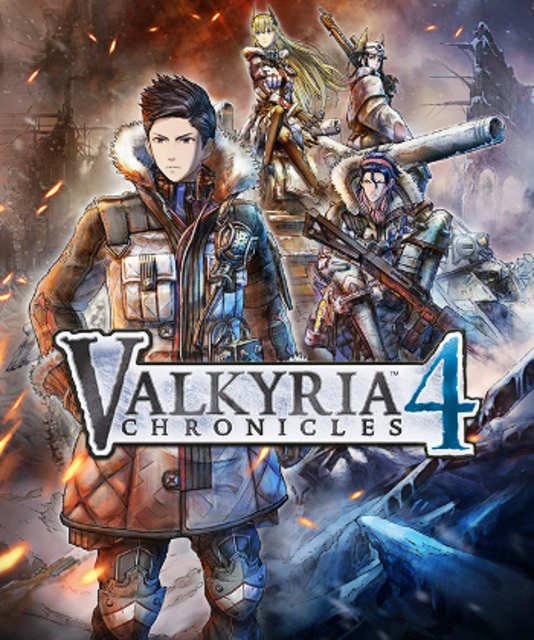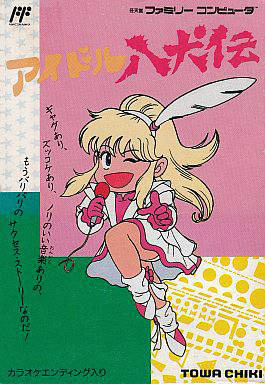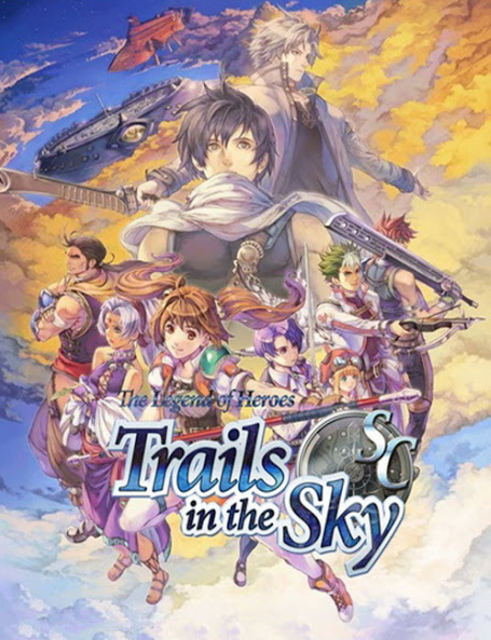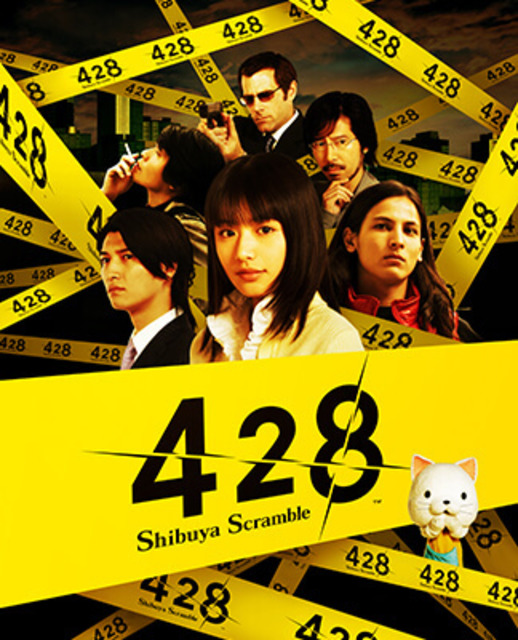Games Finished in 2018
This is a list of all the games, new and old, I completed in 2018. I think a lot of people might have this goal but for 2018 I want to play some of the older games in my backlog. There are plenty of games on the Wii and other consoles that I never got around to finishing and I want to try and make time for them this year. I also want to finish some of the huge games that came out in 2017, with Persona 5 and Nier Automata being at the top of the list.
Here are my lists for past years:

